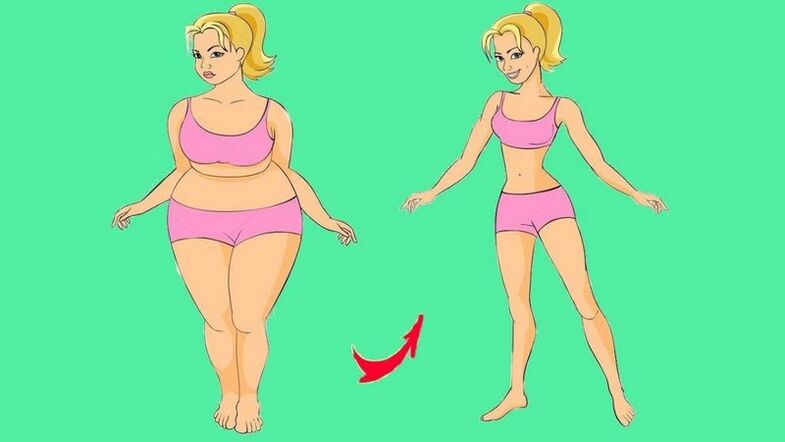What processes are triggered in the body during a crash diet? What causes rapid weight loss in general?

What are the main mistakes people make when choosing this method of losing weight?
What are the dangers of a severe caloric deficit, especially for women?
- Lack of nutrients, vitamins and dehydration can cause the brain to be starved of carbohydrates - the building blocks and energy substrate that serve as the body's "fuel". Its deficiency can lead to headaches, worsening of memory and mood. Therefore, after such a diet, breakdowns often occur, and you often crave sweet or starchy foods, just like during psycho-emotional experiences and anxiety.
- As weight decreases dramatically, blood cell counts worsen, and the cardiovascular system cannot keep up with the changes. As a result, health deteriorates and the burden on the cardiovascular system increases.
- Protein is the main source of essential substances for immune cells and antibodies. Lack of it in the diet reduces immunity.
- An unbalanced diet or fasting can lead to vitamin deficiencies: the condition of hair and nails worsens, and the skin becomes dry and saggy.
- Drastic weight loss caused by a crash diet is due to loss of muscle and water; as a result, a person loses weight but becomes flabby because the skin does not have time to contract.
- The menstrual cycle is disrupted, sexual desire decreases, and the reproductive system enters "energy saving" mode.
- Intestinal function deteriorates and the risk of inflammatory processes in the gastrointestinal tract increases. The body is accustomed to taking in and processing food on a regular basis, but on a fast diet, this coordination is disrupted.
Hungry for days. Why is this dangerous?
Why do people most of the time gain weight again after exhausting their diet? How to maintain the effects of your diet?
Is it possible to lose weight quickly without damaging your health?
How to correctly "quit" such eating habits? What are the basic rules?
- It is necessary to continue eating small amounts of food. Even large amounts of healthy foods can be harmful because the metabolism has not yet returned to normal.
- Fatty foods and carbohydrates should be introduced into the diet carefully. You should add avocados, vegetable oils, nuts, fatty fish, various grains and fruits to your menu. And exclude flour and candy entirely.
- In the first few days after the diet, you can increase the amount of vegetables and dairy products in your diet instead of indulging in meat and sweet fruits.
- Consume clean drinking water, at least 1 liter, in addition to other fluids.
- Instead of eating them all at once, you can introduce two new foods into your diet each day.
- The caloric content of the diet should be gradually increased.
- During the first week, it is important that the basis of the diet consists of the foods in the diet (but other foods can also be added gradually).
- It should be remembered that you should not snack while reading or watching TV series. After all, it’s easy to overeat at times like this.
- It is recommended that the last meal should be no later than 3 hours before going to bed.
- Remember physical activity is important. And if you reduce the load during dieting, you should not immediately start training with heavy weights. It is best to resume exercise gradually.






























